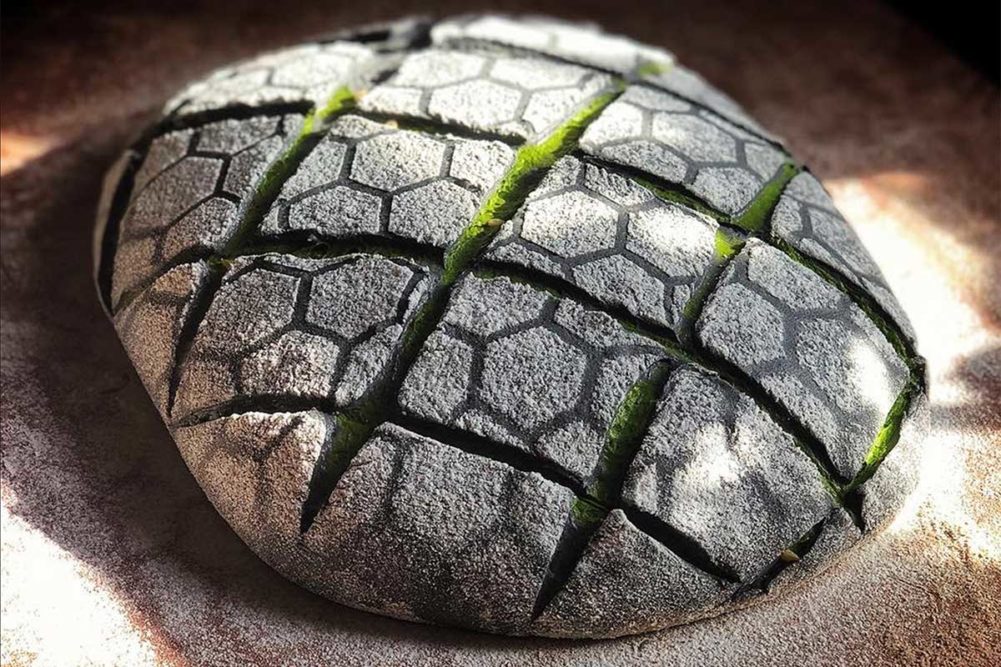Many artisan bakeries are milling their own flour, a move that they see as game changing.
Ceor has its own mill, and bakers there have upwards of two dozen grains at their disposal.
“The freshness is as important in flour as it is in coffee or spices,” said Guy Frenkel, Ceor’s founder. “The aromas, the oils really come through in the breads. Second, it allows us to make flours which are unavailable elsewhere.”
In-house milling is a detailed undertaking and not for everyone, cautioned Michael Kalanty, award-winning baker and R&D specialist. But the nutritional benefits of it are clear.
“It’s so advantageous because on a pound-per-pound basis, when you freshly mill your grains, the nutritional superiority to what you’re getting over commodity flour is off the charts,” he said. “Whether it’s wheat, rye or oats, you’re eating everything the whole grain has to offer. That means you’re also getting the oils that come with it, the vitamins A, D, E and K, all that soluble fiber, so you’re really power packing the nutrition.”
Other bakeries use boutique millers that feature more variety.
“The quality is better,” said John Friend, president of Farm to Market Bread Co. “A lot of that can depend on how the crops come in that year, what the weather was like, what protein levels you’re going to get out of the wheat. We’ll be humming right along with great flour, then all of sudden we get some bad batches, and the flour is absorbing a ton of water and we have to make adjustments on the fly, and it affects our quality.”
This article is an excerpt from the March 2023 issue of Baking & Snack. To read the entire feature on Artisan Bread, click here.






